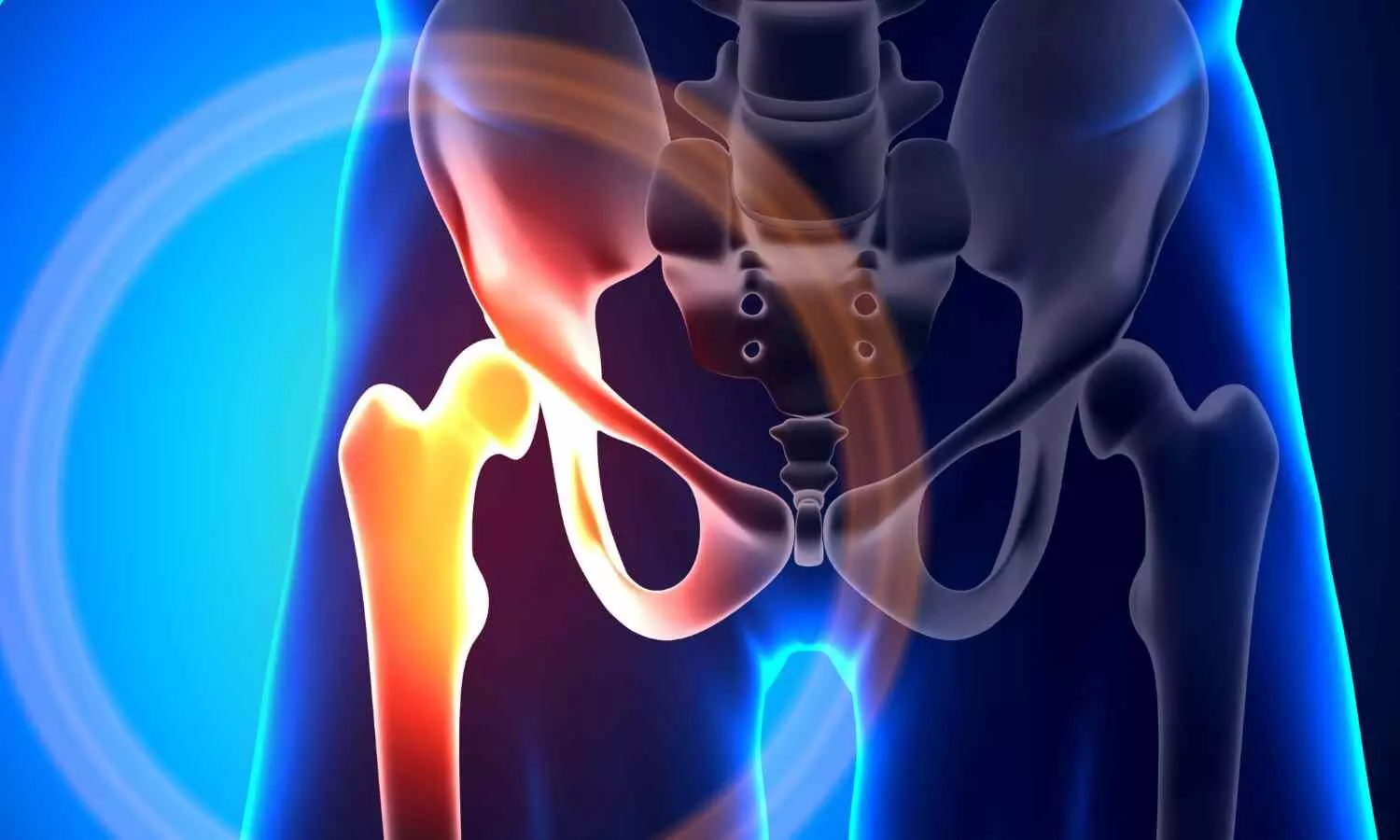STAT+: Moderna says key study of its CMV vaccine, expected to be its next big win, failed
4 days 3 hours ago
Biotech, Breaking News, biotechnology, infectious disease, moderna, Pharmaceuticals, STAT+
Health Archives - Barbados Today
Winners step out to promote healthier living
4 days 19 hours ago
Health, Local News
Health Archives - Barbados Today
St Lucy politico calls for proof tap water is safe
4 days 21 hours ago
Health, Local News, Headline
Mayo measles case brings Minnesota’s total to 21 this year - Star Tribune
- Mayo measles case brings Minnesota’s total to 21 this year Star Tribune
- Unvaccinated child in Olmsted County contracts measles FOX 9 Minneapolis-St. Paul
- NEWS SUMMARY 10/22 Bemidji Now
- Health officials urge vaccines after measles cases rise in Minnesota hometownsource.com
- More measles found in Minnesota Willmar Radio
5 days 3 hours ago
Reversing peanut advice prevented tens of thousands of allergy cases, researchers say - NPR
- Reversing peanut advice prevented tens of thousands of allergy cases, researchers say NPR
- Peanut Allergies Have Plummeted in Children, Study Shows The New York Times
- Guidelines for Early Food Introduction and Patterns of Food Allergy | Pediatrics | American Academy of Pediatrics AAP
- Some 60,000 kids have avoided peanut allergies due to landmark 2015 advice, study finds CBS News
- Peanut allergies are sharply declining, in part, thanks to some game-changing advice USA Today
5 days 3 hours ago
Health experts call for border surveillance amid Cholera outbreak in Haiti
5 days 5 hours ago
Health
Health & Wellness | Toronto Caribbean Newspaper
Insurance should be your priority for lasting health and security
5 days 5 hours ago
Health & Wellness, #health, #healthinsurance, #LatestPost, better body health, challenges and opportunities in healthcare, Education
Medical News, Health News Latest, Medical News Today - Medical Dialogues |
Anesthesiologist-Led Care Speeds Hip-Fracture Surgery and Reduces Complications: Study
5 days 7 hours ago
Anesthesia,Orthopaedics,Surgery,Anesthesia News,Orthopaedics News,Surgery News,Top Medical News,Latest Medical News
Is ‘Japanese walking’ as effective as everyone claims? We asked an exercise physiologist to weigh in - AOL.com
- Is ‘Japanese walking’ as effective as everyone claims? We asked an exercise physiologist to weigh in AOL.com
- ‘Japanese’ interval walking is an easy way to become fit, experts say WQOW
- 10,000 steps a day? unnecessary. The method everyone is switching to that’s 10 times more effective The Jerusalem Post
- Japanese Walking is overtaking the 10,000-step trend with its 30-minute fitness appeal, but there’s a catc The Economic Times
- New walking trend gives '10 times the benefit' of 10,000 steps in 30 minutes Birmingham Live
5 days 12 hours ago
Medical News, Health News Latest, Medical News Today - Medical Dialogues |
AbbVie concludes acquisition of Gilgamesh Pharma Bretisilocin
5 days 13 hours ago
News,Industry,Pharma News,Latest Industry News
Health – Demerara Waves Online News- Guyana
Guyana free of African swine fever, Suriname conducting survey
6 days 31 min ago
Agriculture, Health, News, African swine fever (ASF), contagious, domestic pigs, Guyana, Inter-American Institute for Cooperation on Agriculture (IICA), ministry of agriculture, reference centres, Suriname survey, United States Department of Agriculture (USDA), viral disease, wild pigs
Last Ebola patient discharged in DR Congo, WHO says - Al Jazeera
- Last Ebola patient discharged in DR Congo, WHO says Al Jazeera
- Congo’s last Ebola patient has been discharged, raising hopes that outbreak might be over ABC News - Breaking News, Latest News and Videos
- DRC begins countdown to end of Ebola outbreak as last patient recovers africanews.com
- UNICEF delivers vaccines and life-saving support as Ebola outbreak hits Kasai Unicef
- Traditional practice in Democratic Republic of the Congo helping Ebola response efforts WHO | Regional Office for Africa
1 week 1 hour ago
Maternal deaths drop 10% in the Dominican Republic: significant progress, challenges remain
1 week 6 hours ago
Health, Local
‘Japanese’ interval walking is an easy way to become fit, experts say - WQOW
- ‘Japanese’ interval walking is an easy way to become fit, experts say WQOW
- ‘Japanese walking’: Enhance your walks with interval training CNN
- Is ‘Japanese walking’ as effective as everyone claims? We asked an exercise physiologist to weigh in AOL.com
- 10,000 steps a day? unnecessary. The method everyone is switching to that’s 10 times more effective The Jerusalem Post
- What's 'interval walking': Know the 3 benefits (backed by science) Gulf News
1 week 6 hours ago
Health – Demerara Waves Online News- Guyana
Guyana closer to 100 percent treated water
1 week 23 hours ago
Health, News, Water & Sanitation, coastal communities, Guyana's coastland, hinterland, potable water, President Irfaan Ali, treated water




